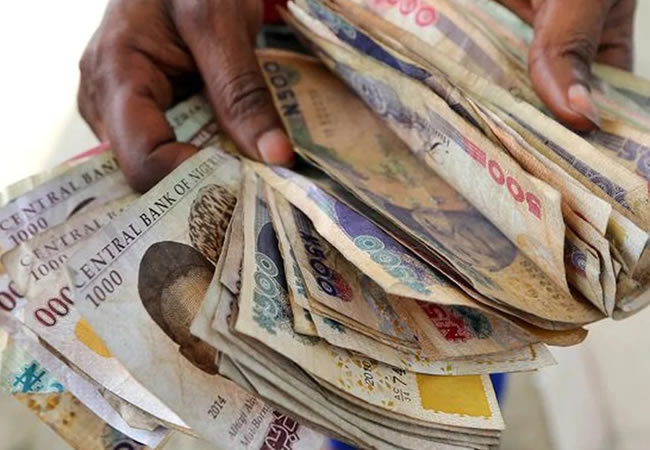The imbalance between foreign currency supply and demand in the official market prevented the Nigerian naira from repeating yesterday’s gains ahead of next week’s Nigerian Eurobond payments.
The Nigerian currency lost weight in the forex window for investors and exporters on Thursday as foreign exchange demand outstripped market supply, while the naira let go of its mid-week gains.
In addition, Nigeria’s foreign currency shortage has simultaneously weakened the spot exchange rate in the parallel market. Traders at the Lagos Exchange Authority said demand for U.S. dollars for offshore trading from individuals and businesses has surged.
A US dollar shortage in the economy means that market supplies remain tight despite a high reliance on imports for both production and consumption. Data from the FMDQ exchange showed that the naira fell against the US dollar at the investor-exporter (I&E) window, trading at 762.63 naira (742.31 naira).
In the parallel or open market, the US dollar fell 0.70% to 786.3 naira from the mid-week announcement of 781 naira as reserves fell. Other major currencies rose against the naira, but analysts expect a possible trend reversal.
Nigeria’s total foreign exchange reserves rose to about $34 billion, covering six months’ worth of imports. However, there is also a view that foreign exchange reserves will further decrease next week due to the eurobond resolution.
In the global oil market, Brent crude fell 0.95% to $75.92 a barrel and WTI crude fell 0.90% to $71.15 a barrel. Oil futures fell Thursday as negative sentiment over a possible economic slowdown outweighed the impact of a larger-than-expected drop in crude stockpiles.
Since the beginning of 2023, FX reserves have come under pressure, falling from US$37.1 billion in January 2023 to US$36.1 billion on March 15, 2023 as a result of foreign exchange market interventions.
Forex analysts said the local currency will continue to suffer due to high import costs and foreign currency demand for services. CBN has signaled plans to intervene in the foreign exchange market to limit the pace of currency depreciation.













